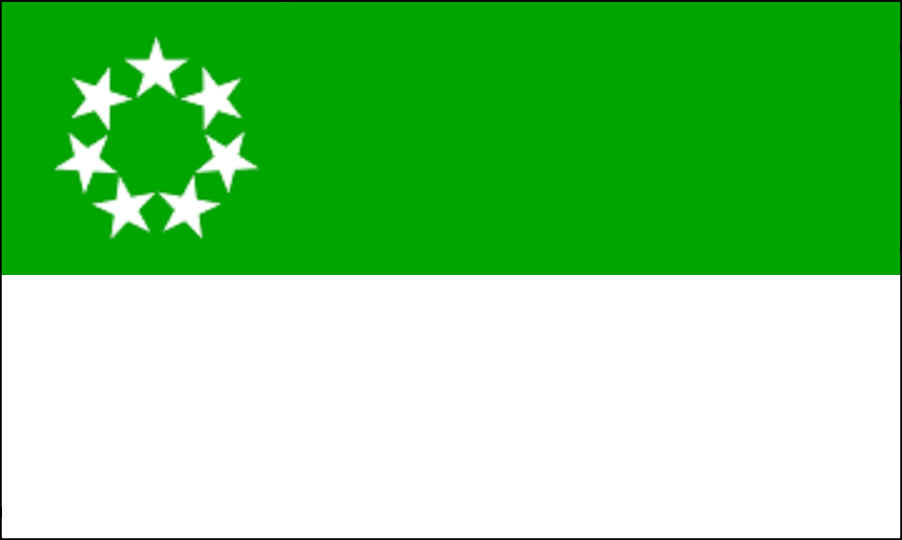The Constitution of the Kingdom of Cascadia
"Political competition, then, is a far more effective device for limiting a government's natural desire to expand its exploitative powers than are internal constitutional limitations. Indeed, the attempts of some public choice theorists and of 'constitutional economics' to design liberal model constitutions must strike one as hopelessly naive. For constitutional courts, and supreme court judges, are part and parcel of the government apparatus whose powers they are supposed to limit. Why in the world should they want to constrain the power of the very organization that provides them with jobs, money, and prestige? To assume so is not only theoretically inconsistent, i.e., incompatible with the assumption of self-interest. The assumption is also without any historical foundation. Despite the explicit limitation of the power of the central government contained in the Tenth Amendment of the U.S. Constitution, for instance, it has been the interpretation by the U.S. Supreme Court that has rendered the amendment essentially null and void."
— Hans-Hermann Hoppe, Democracy: The God that Failed, 2001.
As the Kingdom of Cascadia developed as a sort of mental exercise in government-simulation, writing a constitution was naturally a part of the process. Many of my ideas circa 1993-1998 are included in this document.
Since that time, I've read more Spooner, Rothbard, and Hoppe on the futility of constitutions. And so whereas my intention at one point was to substantially revise this constitution to bring it more in line with ideas like Roderick T. Long's "virtual cantons" plan, which divorces political affiliation from territorial monopoly, I'm now much more inclined to scrap the "constitutions" idea altogether. Maybe someday I'll amend the Constitution to reflect the withering away of the state ... but I haven't gotten around to it yet.
So what I'm saying is, don't accuse me of hypocrisy for having a constitution that's not explicitly anarcho-capitalist. I wasn't an-cap when I wrote this, and this is a relic of that time. But I think you'll find this is a structure for pretty darn minimalist government, and I still hold this would be a vast, if only intermediate, improvement over anything that exists anywhere in the world today.
"But whether the Constitution [of the United States] really be one thing or another, this much is certain -- that it has either authorized such a government as we have had, or has been powerless to prevent it. In either case, it is unfit to exist."
— Lysander Spooner, No Treason No. IV: The Constitution of No Authority, 1870.
For easier reading, I've divided the constitution into six sections:
- Preamble
- Article I: The Formation of the Kingdom of Cascadia
- Article II: Rights Retained by the Commonwealths
- Article III: Basic Rights and Liberties
- Article IV: Citizenship
- Article V: The Sovereign
- Article VI: Ministers of the Crown
- Article VII: Parliament
- Article VIII: The Judiciary
- Article IX: Methods of Amendment and Revision
- Article X: Ratification
- Amendment I (agreements between Commonwealths)
- Amendment II (compulsory national service)
- Amendment III (the flag of the Kingdom of Cascadia)
- Amendment IV (repealing Article VI and creating a Confederation Council)

